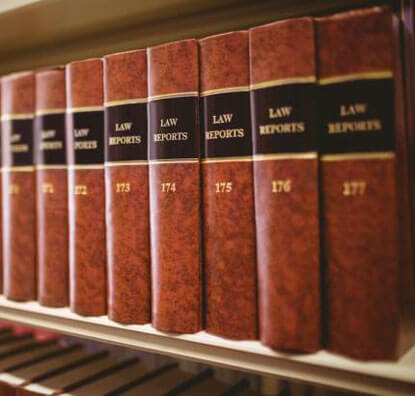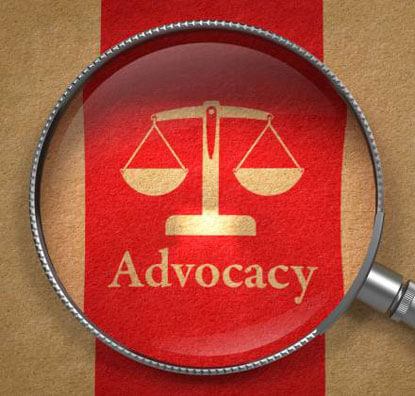
In a recent development, the University of California, Berkeley, has taken a firm stance in response to a lawsuit alleging rampant antisemitism within its campus and law school. The university has filed a motion to dismiss the lawsuit, asserting that the First Amendment prohibits administrators from penalizing student organizations based on political speech.
University’s Defense: Upholding Free Speech Rights
In its motion filed in a San Francisco federal court, UC Berkeley has contended that it has condemned certain law student groups’ bylaws that refuse to engage with speakers or content that supports Zionism. The university clarified that it neither endorses these groups nor grants academic credit for their activities. However, it argues that revoking their official recognition would violate their free speech rights.
Want to know if you’re earning what you deserve? Find out with LawCrossing’s salary surveys.
The university emphasizes the delicate balance between students’ right to education and the constitutional principle preventing the government from punishing speech based on its viewpoint. While acknowledging the seriousness of the allegations, UC Berkeley maintains that disciplinary actions against these groups would infringe upon their constitutional rights.
Plaintiffs’ Allegations and University’s Response
The Louis D. Brandeis Center for Human Rights Under Law initiated the lawsuit, along with its affiliate, Jewish Americans for Fairness in Education. They accuse UC Berkeley of neglecting a pervasive issue of antisemitism within its law school. The crux of their claims revolves around the adoption of anti-Zionism bylaws by 23 student groups, some of which mandate “Palestine 101” training for their leaders, focusing on the delegitimization of Israel.
UC Berkeley’s response acknowledges campus and law school leaders’ public denouncement of these policies. While expressing solidarity with Jewish students, the university contends that any punitive measures would violate the groups’ right to free speech. Additionally, it argues that the plaintiffs lack standing to sue as they are neither Berkeley law students nor faculty members.
Statements from Campus and Brandeis Center
UC Berkeley’s spokesperson, Dan Mogulof, reaffirmed the university’s commitment to combatting antisemitism, citing the launch of an antisemitism initiative in 2019. However, Brandeis Center President Alyza Lewin insists that the issue goes beyond free speech, characterizing it as illegal discrimination. Lewin argues that the anti-Zionism policies effectively marginalize Jewish students, constituting discrimination and harassment unprotected by the First Amendment.
Legal Proceedings and Representation
The case, Louis D. Brandeis Center Inc. et al. v Regents of the University of California et al., is pending in the U.S. District Court, Northern District of California, under case number 23-06133. Kenneth Marcus and L. Rachel Lerman represent the Brandeis Center, and Eric George, David Carroll, John Coghlan, and Tara Helfman from Ellis George Cipollone O’Brien LLP. Bryan Heckenlively of Munger, Tolles & Olson LLP represents UC Berkeley.
Don’t be a silent ninja! Let us know your thoughts in the comment section below.






































